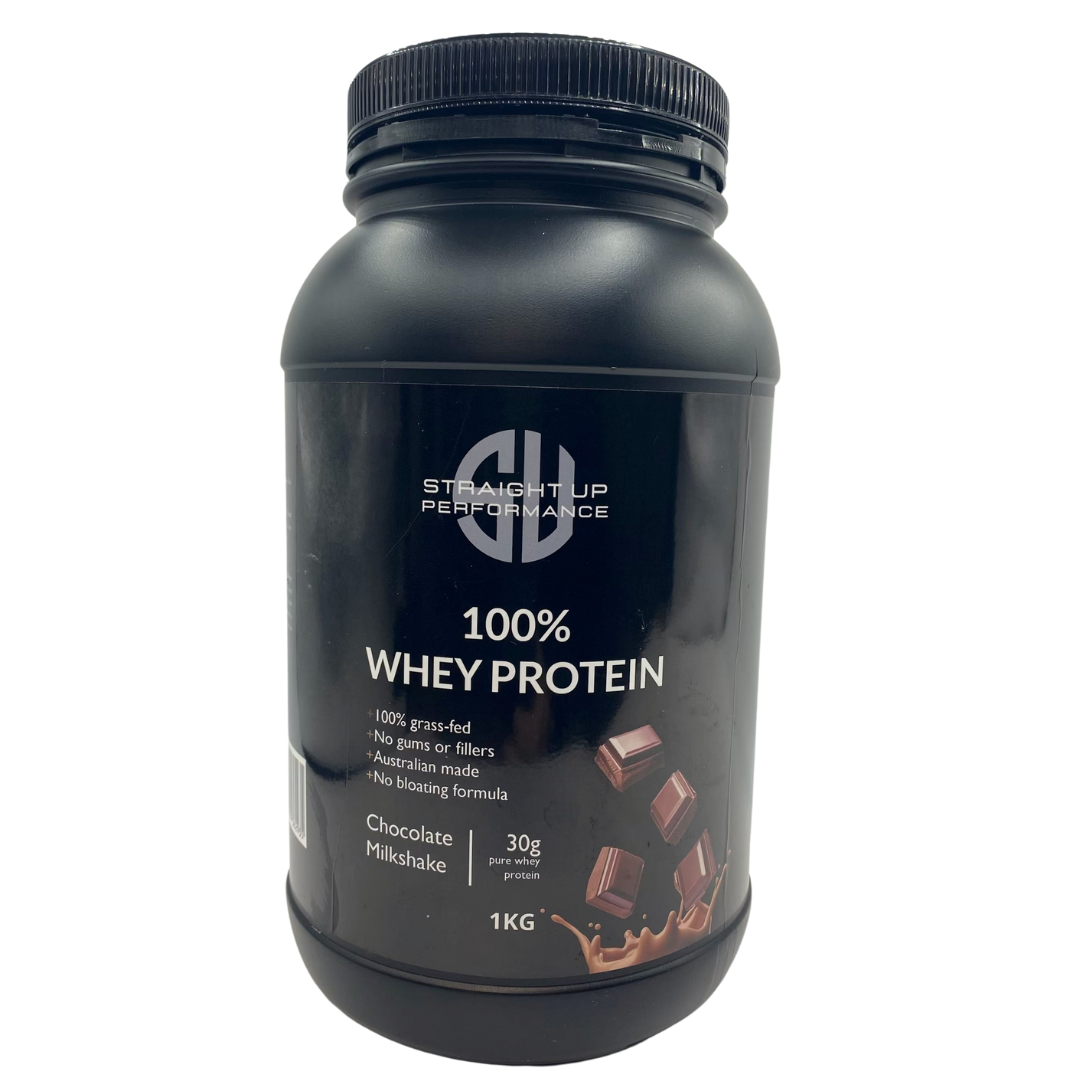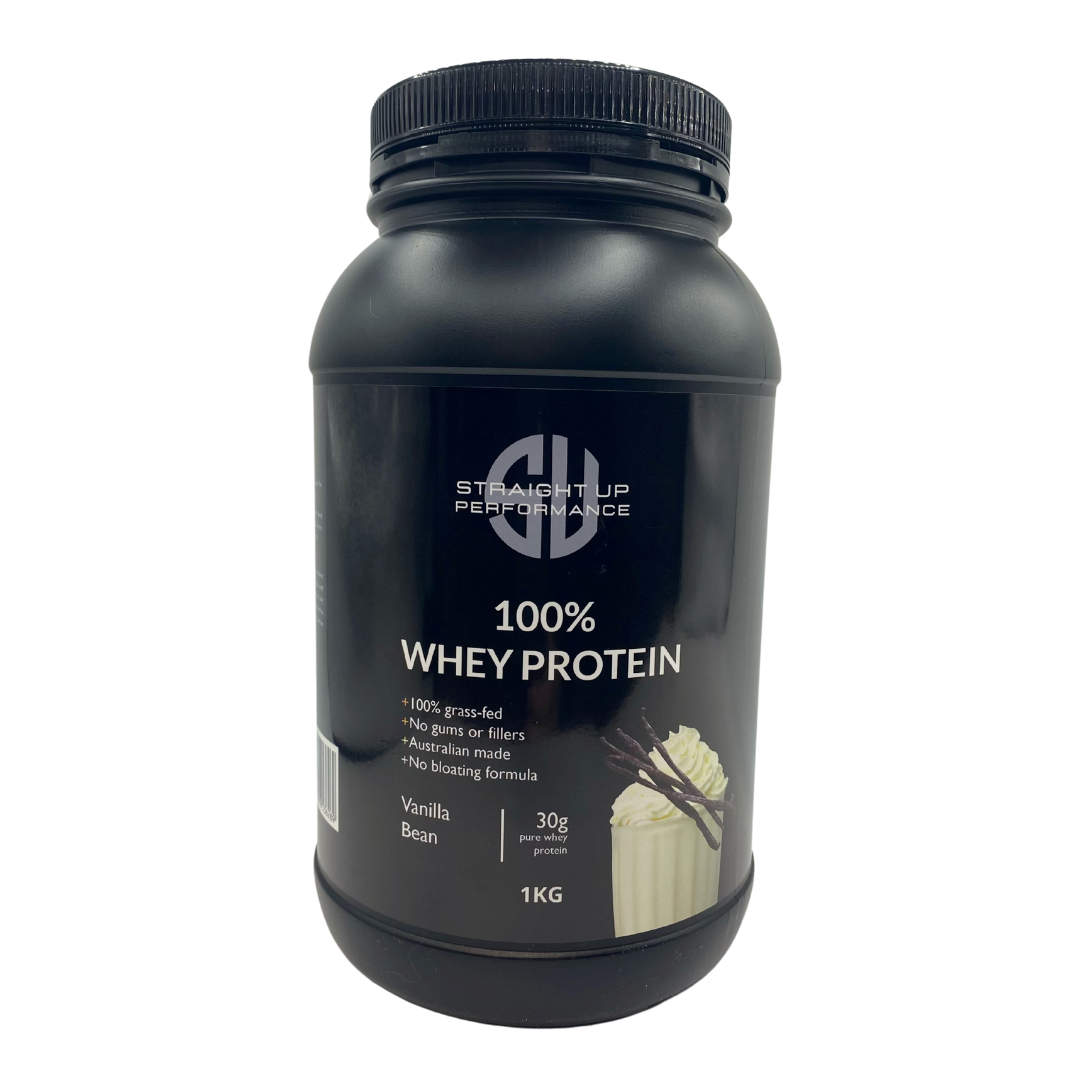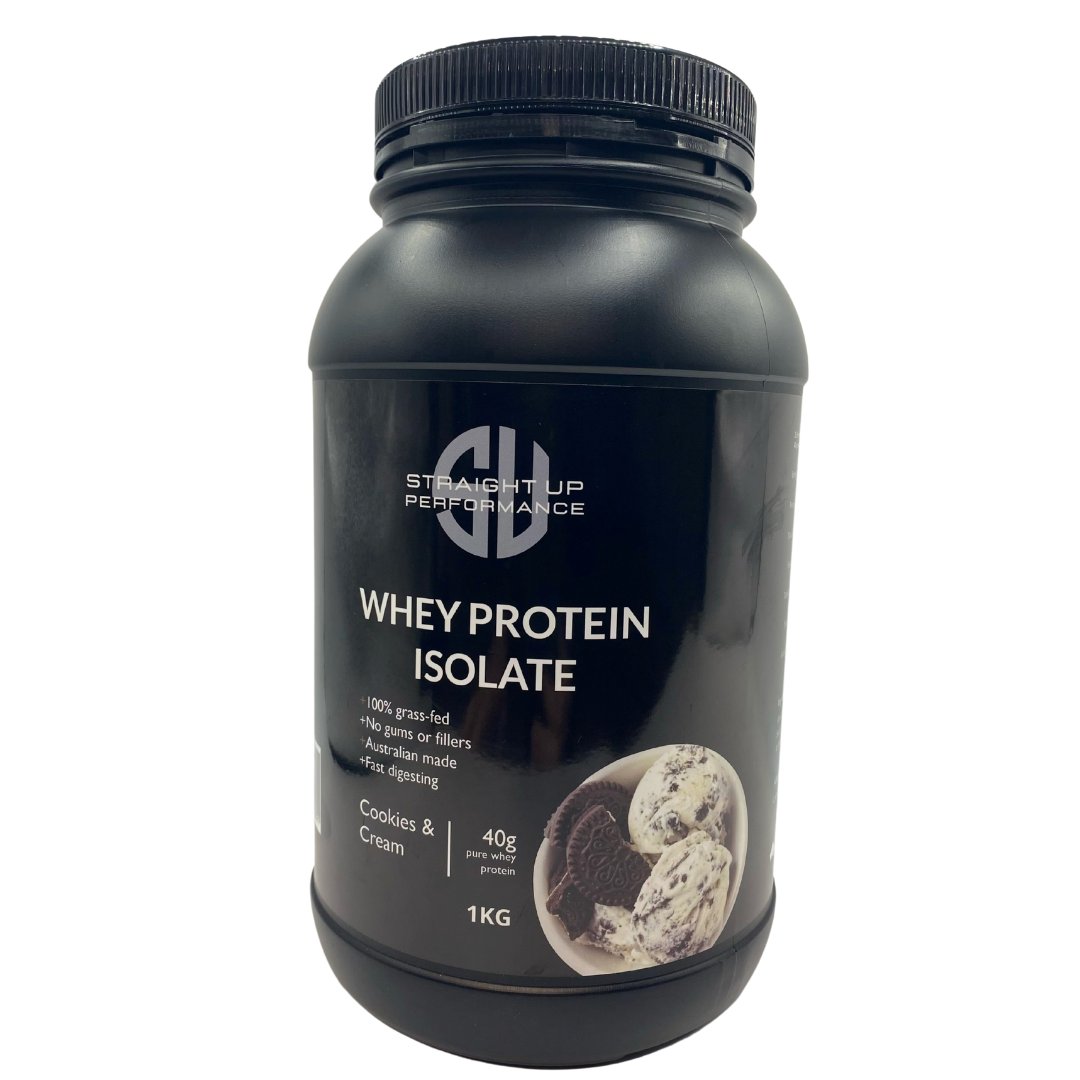As a nutritionist, I'm frequently asked whether collagen supplements can replace traditional protein powders for muscle building. With collagen's popularity soaring—and for good reason—it's important to understand where this supplement truly shines and how it compares to complete proteins for muscle-building goals. Collagen offers unique benefits for our connective tissues, joints, and overall musculoskeletal health that shouldn't be overlooked. Let's dive into what the research tells us about both collagen and complete proteins, so you can make informed decisions about your supplementation strategy.
Understanding the Basics: What Makes a Protein "Complete"?
To build muscle effectively, your body needs all essential amino acids—the building blocks it cannot produce on its own. The key amino acid triggering the rise in muscle protein synthesis (MPS) is leucine, which stimulates the mechanistic target of rapamycin complex-1, a key signalling protein in your muscle cells, and triggers a rise in MPS.
This is where we encounter our first significant difference between collagen and complete proteins like whey.
The Collagen Profile: Specialised by Design
Collagen has a unique amino acid composition, with proline, glycine, and hydroxyproline making up the majority of its structure. These amino acids are specifically designed to support your body's connective tissues—the framework that holds everything together. This specialised composition makes collagen incredibly effective for supporting joint health, skin elasticity, and the structural integrity of tendons and ligaments.
However, when we shift our focus to muscle building specifically, this same specialised profile presents some limitations.
Lactalbumin and whey protein may be considered higher quality proteins due to amino acid profile (high amounts of leucine and tryptophan).
The Muscle Building Question: Understanding the Science
Now, let's address the muscle-building aspect specifically. Studies have shown that collagen peptides can increase fat-free mass and strength, particularly in older adults. This is encouraging news and demonstrates that collagen does have muscle-supportive properties.
However, when we examine the mechanisms behind muscle protein synthesis—the process that actually builds muscle tissue—we encounter some important distinctions between collagen and complete proteins.
The Whey Advantage: Leucine and Muscle Protein Synthesis
When we look at traditional protein sources like whey, the evidence is more compelling for muscle building. The ingestion of 25 g whey protein (providing 2.7 g leucine) results in a robust stimulation of muscle protein synthesis rates.
Ingesting a leucine-enriched amino acid source elicited a robust increase in blood leucine concentrations and stimulated a similar response of muscle protein synthesis to the bolus ingestion of 20–25 g of whey protein at rest in both young and older adults.
The research consistently shows that an ideal protein supplement after resistance exercise should contain whey protein, as this will rapidly digest and initiate MPS, and provide 3–4 g of leucine per serving, which is instrumental in promoting maximal MPS.
Collagen's Proven Benefits: Where It Truly Excels
Before we dive deeper into muscle-building specifics, it's important to highlight where collagen supplementation has shown impressive results. Collagen is the central structural component of extracellular connective tissue, providing elastic qualities to our tissues and helping transmit contractile force from muscles to tendons and bones.
Research consistently shows that when taking a collagen supplement, there's an increase in circulating markers of collagen synthesis, indicating that your body is actively using these amino acids to build and repair connective tissue. This is particularly beneficial for:
- Joint health and mobility: Supporting the cartilage and connective tissues that keep your joints functioning smoothly
- Tendon and ligament strength: Providing the building blocks for the structures that connect muscles to bones
- Skin health: Contributing to skin elasticity and hydration
- Recovery support: Helping repair and strengthen the connective tissue framework that supports your muscles
These benefits become even more pronounced in older individuals, where collagen synthesis naturally declines with age.
The Practical Takeaway: Strategic Supplementation
Based on the current evidence, here's what I recommend to my clients:
For muscle building: Choose complete proteins like whey, or high-quality plant protein blends that provide all essential amino acids, particularly adequate leucine (2.5-3g per serving).
For comprehensive support: Consider collagen as a complement to, not a replacement for, complete proteins. It may support joint health and connective tissue integrity, which can indirectly benefit your training and recovery.
For older adults: The research suggests collagen may have unique benefits in this population, but it should still be combined with complete protein sources for optimal muscle maintenance.
The Bottom Line
Your best bet is a strategy that combined collagen with your favourite protein powder for the greatest benefit to your muscles and connective tissue.








